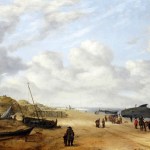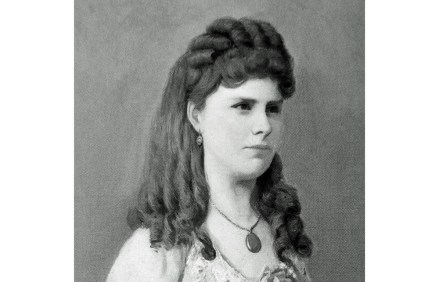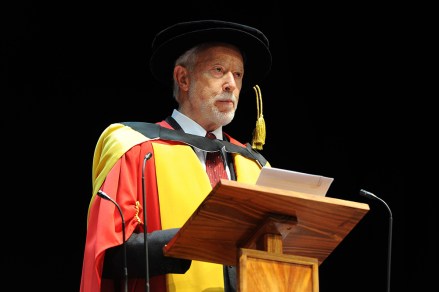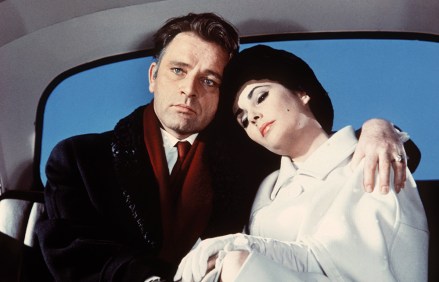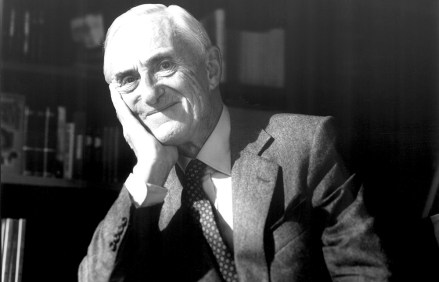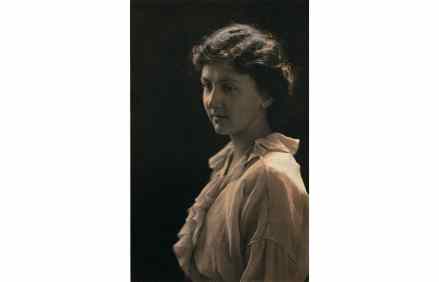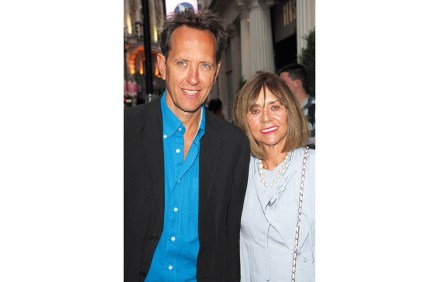My father was the best of England
I always think of my father at this time of year. In particular, I go back to the summer of 1997 – the year he died and the year the England he knew died as well. You went to bed in the confidence that tomorrow could only bring the same happiness as today We always spent July and August at his house in Italy, with gardens that tumbled down to the sea. There was a comforting symmetry to those days. The mornings began with the BBC World Service; the evenings were spent mixing white ladies and arguing over the newspapers I had bought in the port, with its boats bobbing




